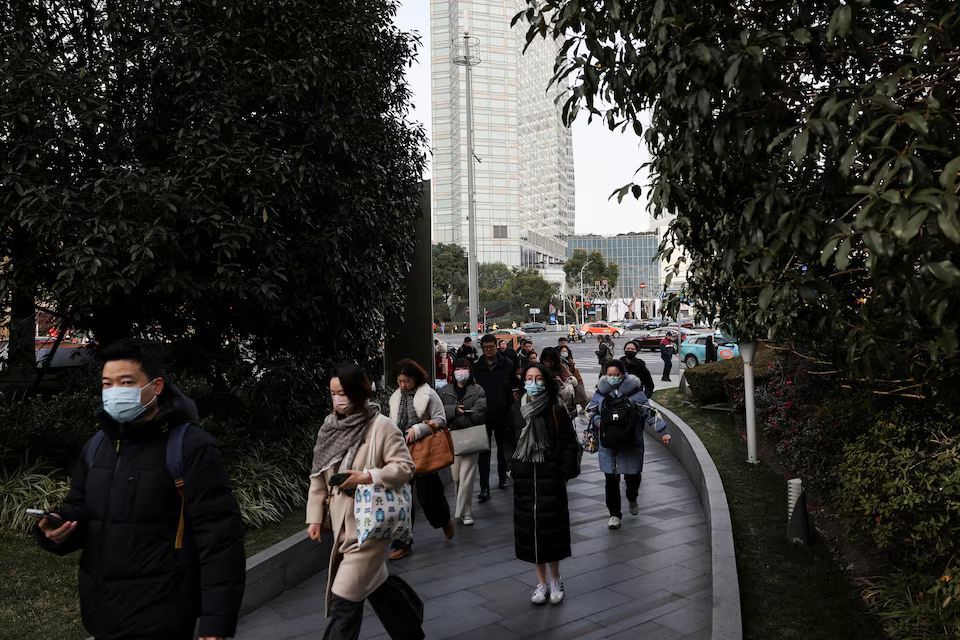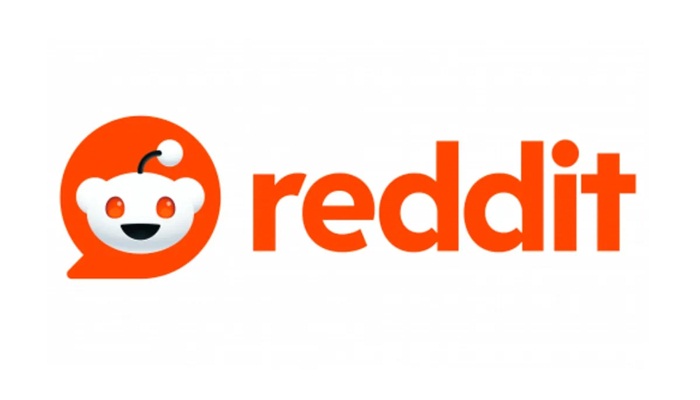As the world grapples with the ever-growing presence of artificial intelligence, a significant question looms over the future of work: What will be left for new graduates entering the job market? The conventional path after obtaining a degree—landing an entry-level job—appears increasingly uncertain. Recent statements by some of the most influential figures in the tech world only add to the anxiety surrounding this issue.
AI’s Emerging Dominance in the Workplace
Sam Altman, the CEO of OpenAI, is one of the key figures reshaping the conversation. During Uncapped podcast earlier this month, Altman discussed the remarkable capabilities of artificial intelligence, noting that the technology now has the ability to perform tasks once thought to require years of specialized education and experience.
“AIs are like a top competitive programmer now, or they can solve the world’s hardest math problems,” he said. This is a far cry from the early days of AI, where the technology was only able to automate routine tasks. Now, AI has entered a realm where it competes with PhD-level experts in fields like mathematics and computer science.
Altman’s comments have sparked concern, particularly for young graduates. If AI can already match the expertise of highly educated professionals, the implications for entry-level roles—typically the starting point for new college graduates—are profound. As companies like Amazon have acknowledged, the increasing use of AI in the workplace may lead to significant corporate layoffs, adding to the uncertainty surrounding the job market.
A Tougher Job Market for New Graduates
The timing of Altman’s comments is particularly unsettling, as recent data paints a grim picture for new graduates. The unemployment rate among bachelor’s degree holders jumped to 6.1% in May, an increase from 4.4% the previous month, according to the Federal Reserve Bank of St. Louis. Fields with heavy exposure to AI, such as graphic design, fine arts, and computer engineering, have seen even steeper rises in unemployment, with rates exceeding 7%.
However, as Art Zeile, the CEO of Dice, a tech career platform, pointed out, volatility in the tech job market is nothing new. Between 2022 and 2024, nearly 600,000 tech workers lost their jobs. “There is no question that it’s a challenging time to be a new graduate entering the job market. We’ve seen some reductions in hiring, especially for entry-level roles,” Zeile said. Yet, he remains hopeful that the current environment will drive young people to refine their skills and adapt to new industry demands.
Navigating the New Job Landscape
Despite the challenges, experts suggest that this changing job market is not entirely bleak. While certain industries will inevitably shrink due to AI, new roles and opportunities are also emerging. Tiffany Hsieh, Director of the Center for Artificial Intelligence and the Future of Work at Jobs for the Future, emphasized that graduates should focus on adapting their skills to new fields. “Young people looking for technology or graphic design roles should be thinking about how they upskill, reskill, or pivot,” Hsieh said.
Altman himself remains optimistic about the future of work. While he acknowledged that many jobs will disappear, he also argued that new positions will arise in response to AI’s advancement. “A lot of jobs will go away. A lot of jobs will just change dramatically, but we have always been really good at figuring out new things to do,” he stated, pointing to the example of the podcast industry’s unexpected growth over the past decade.
The Future of Jobs in AI and Beyond
Looking ahead, experts predict that many future roles will revolve around the development and management of AI. Art Zeile suggests that positions focused on AI governance, security, and ethical implementation will be in high demand, as businesses continue to integrate AI into their operations. Additionally, those with expertise in designing and managing AI systems—referred to as “agentic AI”—are expected to be particularly sought after.
Some new roles may even emerge in unexpected sectors. Hsieh, for example, pointed to the possibility of jobs like “story designer” or “human resources designer”—positions that merge human-centered tasks with AI’s capabilities. She also noted that industries such as healthcare and skilled trades will remain less affected by AI and continue to offer stable career options.




















